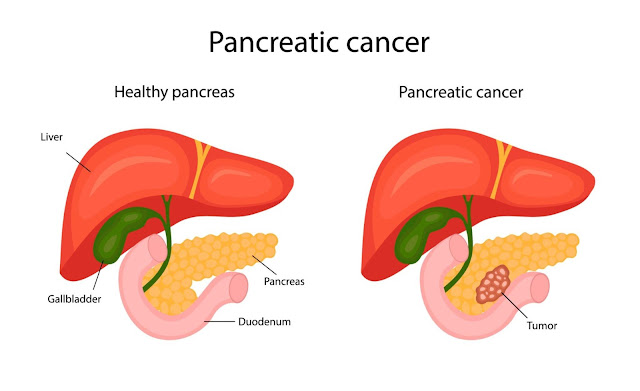Understanding Stage-Wise Pancreatic Cancer Treatments and Survival Rates
Pancreatic cancer remains one of the most aggressive malignancies, but new advances in Pancreatic Cancer Treatment are delivering hope. In India, expert centers like Valentis Cancer Hospital are leading the fight with targeted therapies, innovative surgery, and advanced tools like CyberKnife. This guide breaks down pancreatic cancer by stage, explains modern treatment options—including CyberKnife surgery for pancreatic cancer—and explores how survival rates are improving with early diagnosis and top-tier care.
Pancreatic Cancer Staging: Why It Matters
Staging defines how far the cancer has spread, guiding treatment plans and influencing survival odds.
- Localized (Stage 1): Cancer confined to the pancreas.
- Regional (Stage 2 & 3): Cancer has spread to nearby lymph nodes or structures.
- Distant (Stage 4): Cancer has metastasized to distant organs, commonly the liver or lungs.
Stage-Wise Survival Rates for Pancreatic Cancer
Note: Individual survival depends on age, overall health, treatment response, and institution quality.
Early detection and aggressive treatment can significantly boost survival—patients diagnosed at the earliest stage may see five-year survival above 80% when surgery is possible.
Stage-Wise Pancreatic Cancer Treatment in India
Stage 1 (Localized Disease)
Best chance for cure:
- Surgical resection is the gold standard if the tumor is localized and the patient is fit.
- Whipple procedure (pancreaticoduodenectomy) is common for tumors in the pancreatic head.
- Adjuvant chemotherapy may follow surgery to reduce recurrence.
Stage 2 & 3 (Regional/Locally Advanced)
Combination therapy for improved outcomes:
- Neoadjuvant chemotherapy can shrink tumors for possible surgical removal.
- Chemoradiation or CyberKnife surgery for pancreatic cancer offers high-precision, non-invasive targeting for tumors in difficult areas or in patients unsuitable for open surgery.
- Select patients may have tumors downstaged for successful surgery after initial therapy.
Stage 4 (Metastatic Disease)
Focus shifts to control & quality of life:
- Systemic chemotherapy is standard.
- Targeted therapies or immunotherapy may be considered based on genetic testing.
- Radiotherapy (including CyberKnife) addresses pain, blocks, or local symptoms with less toxicity.
Pancreatic Cancer and the CyberKnife Advantage
CyberKnife surgery for pancreatic cancer is a breakthrough in India’s major cancer centers:
- Non-invasive, outpatient procedure—uses robotic beams to destroy tumors with sub-millimeter accuracy.
- Especially valuable for hard-to-reach tumors or patients unfit for open surgery.
- Reduces side effects and recovery time versus traditional surgery.
- Can be combined with chemotherapy for improved disease control.
Choosing the Best Hospital for Pancreatic Cancer Treatment
India is home to globally recognized oncology centers:
- Renowned for advanced surgery and high-tech protocols.
- Leading hospitals—including Valentis Cancer Hospital—offer personalized, multidisciplinary care for the best outcomes.
- Access to genetic counseling, molecular diagnostics, and clinical trials.
Why Valentis Cancer Hospital?
- Full-spectrum team: medical oncologists, surgeons, radiologists, and specialists in CyberKnife and supportive care.
- State-of-the-art technology for surgery, chemo, and CyberKnife therapy.
- Patient-first ethos: expert guidance from first consultation through follow-ups and survivorship.
Conclusion
Pancreatic cancer can be daunting—but early, stage-appropriate pancreatic cancer treatment dramatically reshapes outcomes. With new tools like CyberKnife, India is providing international-level care at leading centers such as Valentis. For those seeking the best hospital for pancreatic cancer treatment, focus on institutions with proven expertise and the latest medical technology.





Comments
Post a Comment